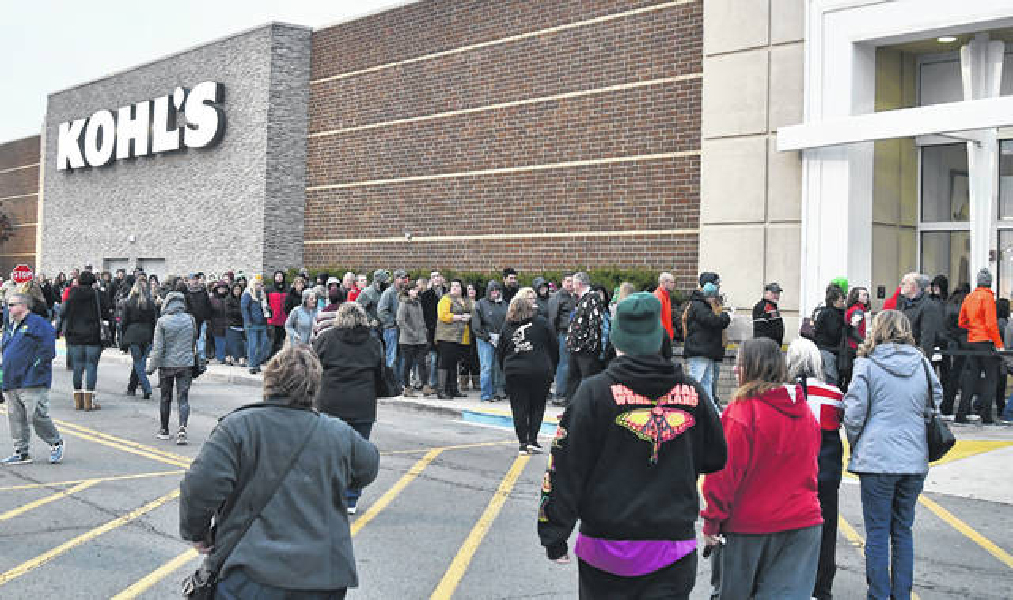Plan for the Day
- Midterm Exam
- Consumption Satire
- Zombies
- Colson Whitehead’s Zone One
I know I said read a third of the book, so let’s at least keep discussion of event to the first 100 pages or maybe all of the “Friday” section (pp. 1-128). I want to foreground the discussion on Zombies and capitalism, specifically consumption. We’ve touched on this already, and you might have come across a webpage on my vast website of great resources, but I’ll adapt that here. If all goes according to plan, I have a video we can watch.
Consumption Satire
Consumption is a major component of the base in capitalism. One criticism of media is that it influences or at least projects the need to consume in order for us to feel good or just normal. The Zombie films are texts that deliberately poke fun at conventions or practices that a society has. Poking fun at behaviors through media or literature is called satire.
For example, our culture loves to consume things–products, food, oil, BS, etc. We are provided opportunities to devour resources and buy our way to happiness. Unfortunately, we sometimes don’t live within our means as this Nationwide commercial points out. Consumers, which could be synonymous with “citizens,” in America have an extremely low savings rate, which means we spend almost as much as we make as an aggregate. This rate shot up during the pandemic, but it’s returned to around 4%. To satirize the blind, destructive consumption in which citizens engage, zombies are shown in movies, video games, etc. as eating people. Well, there are zombies all over the place in real life…
Important Points about Consumption
Media influences people to buy into concepts. What we’ve noticed is that, as a culture of excess, our “basic” needs have been met–food, clothing, shelter–so we are free to pursue leisure activities. While that can mean a trip to the mountains or the beach or Mickey’s House, leisure can be product based: we consume products that make us feel good, and commercials reinforce those good feelings.
What’s bizarre in our economic system is that our base–“the economic means of production within a society” (Bressler, p. 193)–pushes us to spend beyond our means. In order to drive the economy, we have to purchase consumer goods. What we see with the excess–buffets, shoes, video games, hi-tech gadgets–is that we over consume and are drawn to do so.
Also, media consumption begets media consumption. Think about the “role” of the news media surrounding events like movies openings, Black Friday/Zombie Bride shopping, iPhone releases, etc. Those events get covered for us by the news media…they are “news” items. As Kubey and Csikszentmihalyi tell us, TV and other media are powerfully attractive “substances,” and viewers experience feelings of guilt when they feel they watch too much, and those feelings are different depending on class (para. 12).
Zombies at the Mall and Black Friday Shoppers
Look at the two images below. I don’t know how much more obvious to make the argument…

Dawn of the Dead, directed by George Romero, (1978; United Film Distribution Company, 2004) DVD.

“Shoppers hungry for Black Friday deals this Thanksgiving.” Photograph from The Lima News (22 Nov. 2018). Copyright (C) 2018, Richard Parrish.
Colson Whitehead’s Zone One
Instead of having a list of quotations, I’d like you to think about the following in relation to the first 100 pages or so of the novel. Consider comparing this narrative to other zombie texts you’re familiar with.
- Consumption (probably already did this)
- Work (jobs)
- fulfillment
- games played (pp. 100-101)
- School
- Manhattan, New York City, New York
- Anti-terrorism planters (p. 94)
- What’s his beef with Connecticut?
- Flâneur
A Note on Architecture in Postmodernity
Fredric Jameson sees it as aspiring to “a total space, a complete word, a miniature city” (p. 40).
- Generate multi-layered spaces for inhabitants
- Often structures will help users (consumers) have a totalizing experience (Mall, Towne Centre, Vegas Casino, etc.)
- Robert Venturi’s Learning from Las Vegas discusses Vegas Casinos’ attempt to be a totalizing experience
- Familiarity across distances (McDonald’s in Charlotte is the same in LA)
Next Class
Continue reading Colson Whitehead’s Zone One. We’ll finish about “Friday” and move onto “Saturday” and “Sunday” next week.
Works Cited
Bressler, Charles E. Literary Criticism: An Introduction to Theory and Practice. (4th ed.) Upper Saddle River, NJ: Pearson, 2007.
Kubey, Robert and Csikszentmihalyi, Mihaly. “Television Addiction is No Mere Metaphor.” Scientific American 286.2 Feb. 2002. 74-80. {Currently behind a pay wall.}
Marx, Karl and Engels, Friedrich. “The Ruling Class and the Ruling Ideas.” Media and Cultural Studies: Keyworks. Eds. Meenakshi Gigi Durham and Douglas M. Keller. Trans. Richard Dixon et. al. Malden, MA: Blackwell, 2001. 39-42.